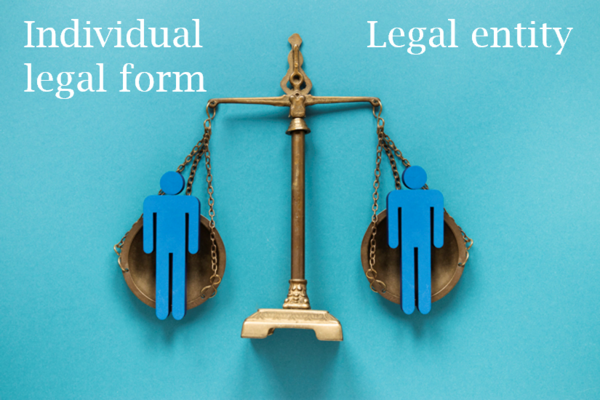How is it more advantageous to buy property in Chile - as an individual or as a legal entity?

When planning to purchase real estate in Chile, foreign investors face a crucial question: should the purchase be made in the name of an individual or a legal entity?
The answer depends on the goals, ownership strategy, form of participation in the transaction, and potential future resale or rental.
Let’s examine the differences and which approaches are more advantageous.
1. Real Estate Resale: Who Pays Lower Taxes?
An individual with a Temporary Residency (VNJ) or Permanent Residency (PMJ) is exempt from profit tax when selling a property if the increase in value does not exceed 8000 UF (approximately $300,000).
If the limit is exceeded, a 10% tax is levied on the amount exceeding the established threshold.
The exemption does not apply if:
- The sale is made to a relative or legally related party.
- The property was sold less than a year after purchase.
- An individual without a VNJ pays 35% of the net profit, regardless of the income amount.
- A legal entity (both Chilean and foreign) is subject to profit tax at a rate of 27%.
When selling a property within 36 months of purchase, an additional 19% VAT may be charged.
Conclusion:
An individual with VNJ or PMJ receives the most favorable tax conditions upon resale.
2. Assignment of Rights (Property Under Construction)
An individual pays income tax on a progressive scale - from 0 to 40%, depending on the total annual income.
However, in reality: profit up to $12,000 is not taxed.
Profit up to $35,000 is taxed at minimal rates - around 3%.
Further taxation increases on the scale.
The 8000 UF exemption does not apply here.
Foreign and Chilean legal entities pay profit tax at a rate of 27% + possible 19% VAT (depending on the transaction structure).
For non-resident individuals, the situation is less clear: the assignment can be carried out through foreign accounts and without registering ownership in Chile.
Formally, the tax obligation may be transferred to the buyer.
Conclusion:
Taxes on assignment apply to all categories of owners, but for resident individuals with moderate profits, the rates are actually low - therefore, the tax burden may be significantly lower than it seems. However, with high amounts of income or frequent transactions, it is worth assessing all the risks.
3. Property Rental
Individuals (with or without VNJ) are exempt from income tax on rental income from unfurnished residential property if the property: falls under Law DFL 2 (area up to 140 m²) and no more than two such properties are owned.
Foreign companies pay a 35% tax on rent if they do not have a permanent establishment in Chile.
If they do, the rate is 27%.
Chilean legal entities also pay 27%.
At the same time: rental of residential property is not subject to VAT, rental of commercial property is subject to VAT (19%).
Conclusion:
For passive income from rent, an individual receives the greatest tax benefit if the conditions of Law DFL 2 are met.
4. Registration and Annual Property Taxes
The form of ownership does not affect the amount of these expenses: the annual property tax is about 0.2% of the cadastral value.
For example, at a market price of 200,000,thisisabout
100–130 per year.
The one-time tax upon registration of the property is also about 0.2% of the market value.
Conclusion:
These costs are insignificant and the same for all forms of ownership.
Overall Summary: What is More Profitable?
If you are planning to buy property in Chile for personal ownership, resale, or rental of housing - especially if you have a VNJ or PMJ - registering as an individual will be the most beneficial.
You will receive: exemption from tax on sale (up to the limit of 8000 UF), full exemption from tax on rent (if the property falls under DFL 2), simpler administration.
If your goal is to develop a business related to: rental of commercial properties, active resale, investments at the construction stage, development, then a legal entity will provide greater flexibility: it will allow you to hire staff, conclude contracts, use company accounts.